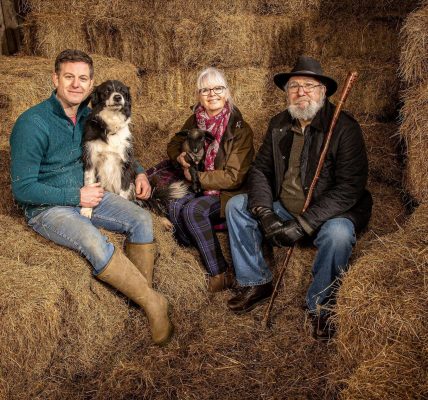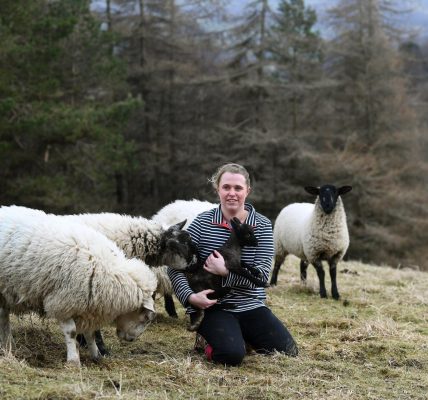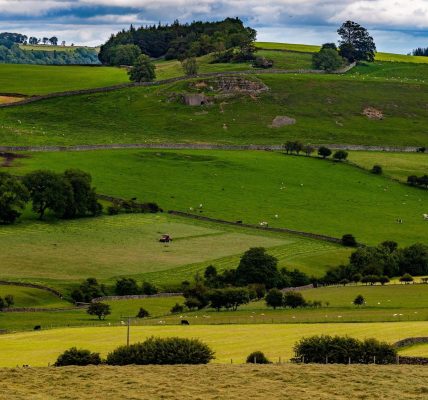Raising the bar on animal welfare standards must also apply to imports says leading farming organisation.
Raising the bar on animal welfare standards must also apply to imports says leading farming organisation.
A series of animal welfare policy measures were announced by the Government this week in its Action Plan for Animal Welfare.
Launched by Environment Secretary George Eustice during a visit to Battersea Dogs and Cats Home and outlined during the Queen’s Speech, the Action Plan for Animal Welfare will be covered by three bills, one of which recognises animal sentience.
Mr Eustice described officially recognising animal sentience – having feelings such as pleasure, pain and fear – as a “significant step forwards” on animal welfare.
The action plan will also tackle puppy smuggling, make keeping primates as pets illegal and ban imports of hunting trophies with the aim of helping domesticated and wild creatures in the UK and abroad.
It will also stop adverts in the UK for things such as elephant rides abroad and looking at a ban on foie gras.
The plan is a mixture of new measures, confirmation of manifesto commitments and moves that have been consulted on and will now be introduced.
“Our Action Plan for Animal Welfare will deliver on our manifesto commitment to ban the export of live animal exports for slaughter and fattening, prohibit keeping primates as pets and bring in new laws to tackle puppy smuggling,” Mr Eustice said.
“We will lead on the protection of animals abroad by implementing the world’s toughest ivory ban and banning the import of hunting trophies to protect iconic species.
“We are a nation of animal lovers and were the first country in the world to pass animal welfare laws. As an independent nation we are now able to go further than ever to build on our excellent track record.” But while welcoming the measures, NFU President Minette Batters also called for the Government to apply these same high standards to imports.
“British farmers are proud to have some of the highest standards of animal welfare in the world and it is clear the Government wants to be a global leader in this area.
“However, we want to see the same energy and leadership that is being proposed for protecting endangered species and wildlife crime to be applied to our asks in equivalence in trade.
“I have serious concerns about the Government’s intention to raise the bar at home, without any certainty the same standards will be applied to imports. There are still many practices allowed in countries we are currently negotiating with that are banned here, on welfare grounds.
“For example, it is not uncommon to see journey times for live animals in Australia exceed 24 hours without access to food or water.
“In comparison, the Government has recently consulted on reducing domestic journey times in the UK to eight hours.
“It’s also important to recognise that two sectors the Government has singled out, poultry and pigs, have some of the highest engagement levels in farm assurances schemes, meaning they are managed and audited against robust animal welfare standards.
“Just over a quarter of eggs sold in retail last year were from enriched cages.
“If this production system were to be banned in this country then there is every prospect that the demand would simply be fulfilled by importing eggs from countries with lower standards.
“If the Government is to raise the welfare bar here, it must do so for food imports.”










